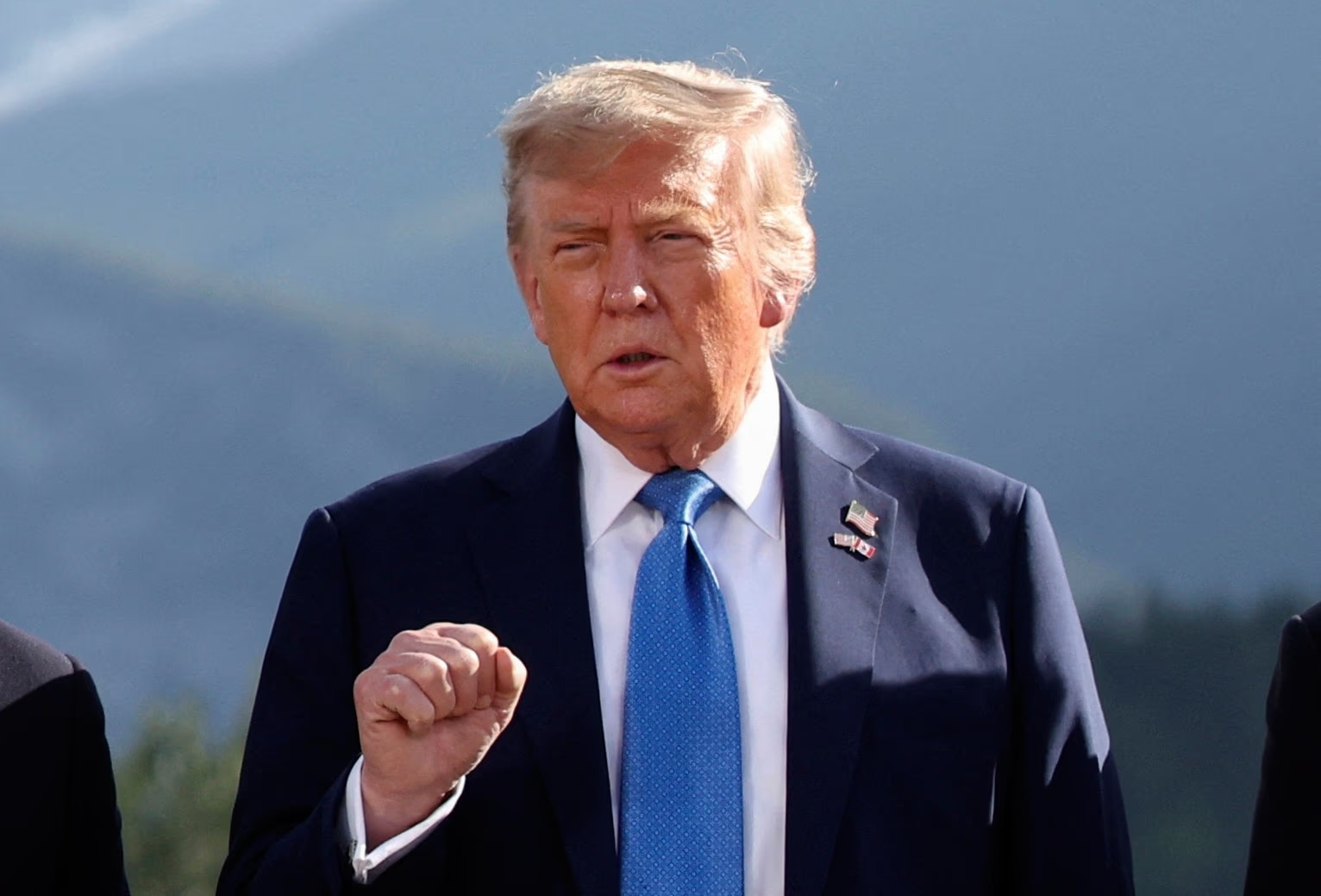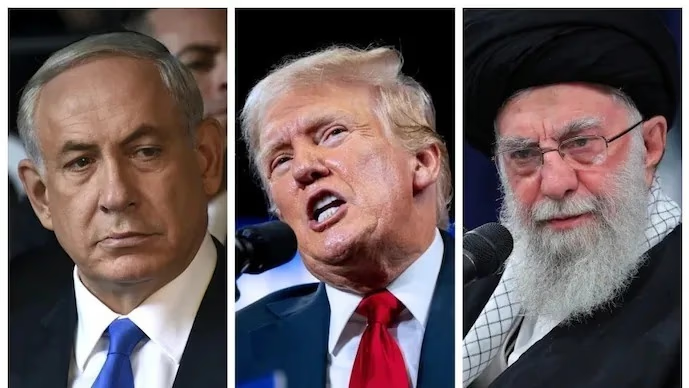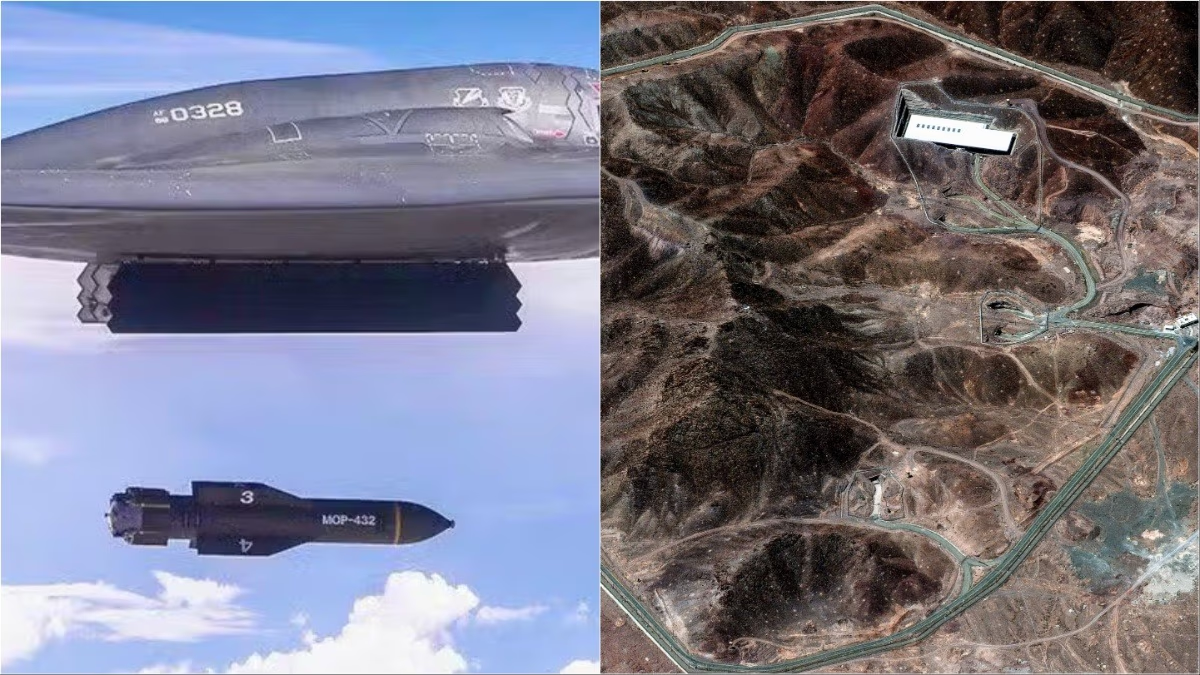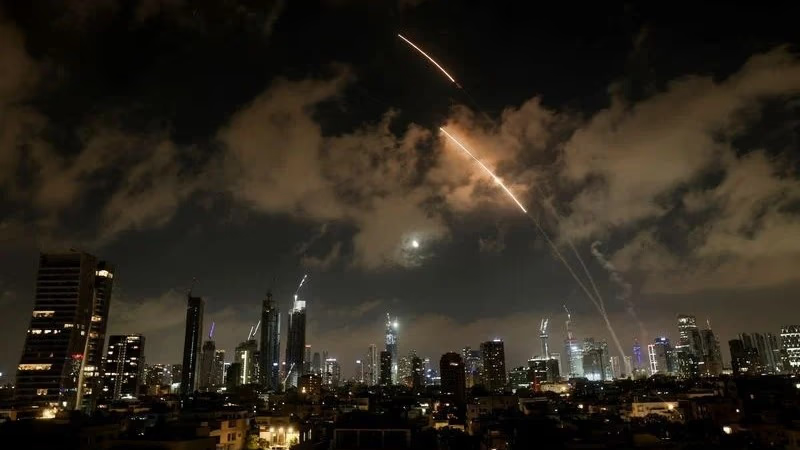In the early months of his presidency, Donald Trump dedicated significant efforts to halting Israel's intention to strike Iran's nuclear program. As tensions rose, the focus shifted towards military involvement as the U.S. spies and leaders reached startling conclusions by month's end. Prime Minister Benjamin Netanyahu was poised to attack Iran's nuclear facilities with or without U.S. backing.
Netanyahu's Strong Intentions for an Attack
Reports suggest Netanyahu has long issued warnings about the necessity of preemptive strikes on Iran if it neared nuclear armament. However, such a move drew fear of another Middle East war, causing U.S. presidents to waver despite no U.S. assistance offered for attacks. Yet, recent U.S. intelligence assessments suggested Netanyahu was gearing for expansive assaults potentially jeopardizing Iranian regime, ready to act solo.
President Trump faced diplomatic hurdles trying to pressure Iran into forgoing nuclear ambitions. He'd previously rebuffed attempts by Netanyahu to assert it was time for military action, further leveraging diplomatic channels. But tensions brewed when a May call saw Trump warn against unilateral Israeli strikes.
Failed Diplomatic Endeavors with Iran
Subsequent weeks saw administration officials accepting Netanyahu's determination, deeming unsuccessful negotiations the culprit. Growing impatient over stalled talks, Trump and advisors weighed options, considering non-intervention or backing Israeli forces to catalyze Iranian regime change.

Source: aajtak
While Israeli claims of new intelligence pointing towards Iran's nuclear bomb rush remained unsubstantiated, Trump knew stopping Netanyahu was unlikely and pivoted towards diplomatic and strategic evaluations.
Aligning with Israeli action, the U.S. intelligence community covertly offered support, then pressured Tehran into immediate negotiation concessions.
Israel's Actions Changed the Status Quo
After five days of attacks, Trump seemed inconsistent, initially distancing from strikes, later offering visible support post-Israel's early successes. He increasingly considered aiding Israeli strikes, employing U.S. bombers against Iran's fortified facilities.
Talking to numerous Gulf region leaders revealed Trump's continued indecision facing this foreign policy crisis, while handling inexperienced, loyalty-picked advisors added to his challenges. Trump reportedly mused about Netanyahu dragging the U.S. into another war, contrary to his election promises.
Proximity to Nuclear Weapon?
Rain prepared for conflict once proxied threats faltered, but Trump's doubts shifted from skepticism to engagement, especially once seeing Iran as nearly nuclear-capable.




